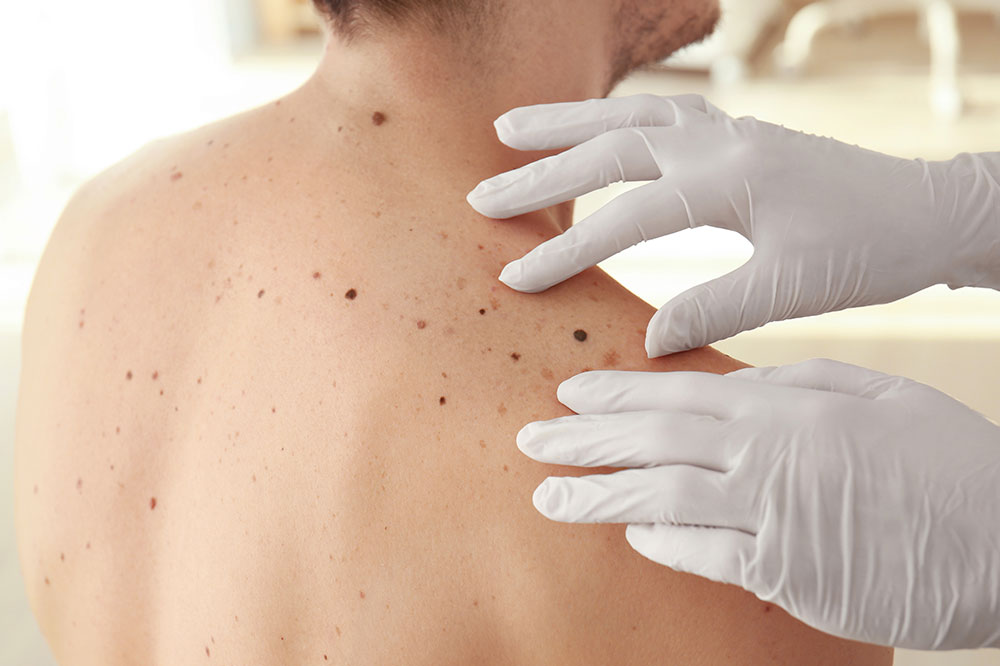
6 Causes of Melanoma
Melanoma is one of the gravest kinds of skin cancer, which develops in melanocytes. These are the cells responsible for melanin production, which gives the skin its color. Melanoma can develop on the skin and even in your eyes. At times, melanoma may develop inside the body, such as in the throat or nose. What causes melanoma? Let us take a look at some of the key causes of melanoma.
1. UV rays from the sun
Skin cancer is mostly caused by harmful UV rays, which damage the skin cell DNA. The primary source of UV light is sunlight. Sunlight has three kinds of UV lights – UVA, UVB, and UVC. Of all these lights, UVC is the most dangerous for the skin, but it is majorly filtered by the earth’s atmosphere. As a result, UVB and UVA tend to damage the pale skin, making it susceptible to melanoma. Overall, UVB rays are believed to be the primary cause of melanoma, and there is not enough study to prove whether UVA is also a cause of melanoma or not. Artificial light sources, such as tanning beds and sunlamps, also aggravate your risk of developing skin cancer. In general, repeated sunburn by artificial light sources or sun can exacerbate the melanoma risk.
2. Moles
Your risk of developing melanoma is higher if you have an array of moles on your body, and they are larger than 5mm or have an unusual shape. Thus, it is vital to keep a check on your moles to see if they change their shape, color, or texture.
3. Age
The risk of melanoma usually aggravates with age. Approximately 50% of all melanoma cases are seen in people between 55-74 years of age. However, melanoma can affect anyone regardless of age. In fact, the most prevalent melanoma is seen in women between 25-29 years of age.
4. Immune suppression
Certain conditions can weaken your immune systems. These include diseases, viruses, or immune suppression therapy related to organ transplantation, which can aggravate your risk of developing melanoma.
5. Skin tone
In someone with fair skin, the melanin pigment in the skin is less. Consequently, fair-skinned people are at a greater risk of developing melanoma. Furthermore, people with light-colored eyes, freckles, red hair, or those who sunburn easily have a greater risk of developing melanoma than people with a darker complexion.
6. Weak immune system
In someone with a weak immune system, the risk of developing melanoma is higher. You may have a weak immune system when you consume medication to suppress your immune system or if you had an organ transplant. Further, someone with immune system-damaging diseases like AIDS might also have a weak immune system.



